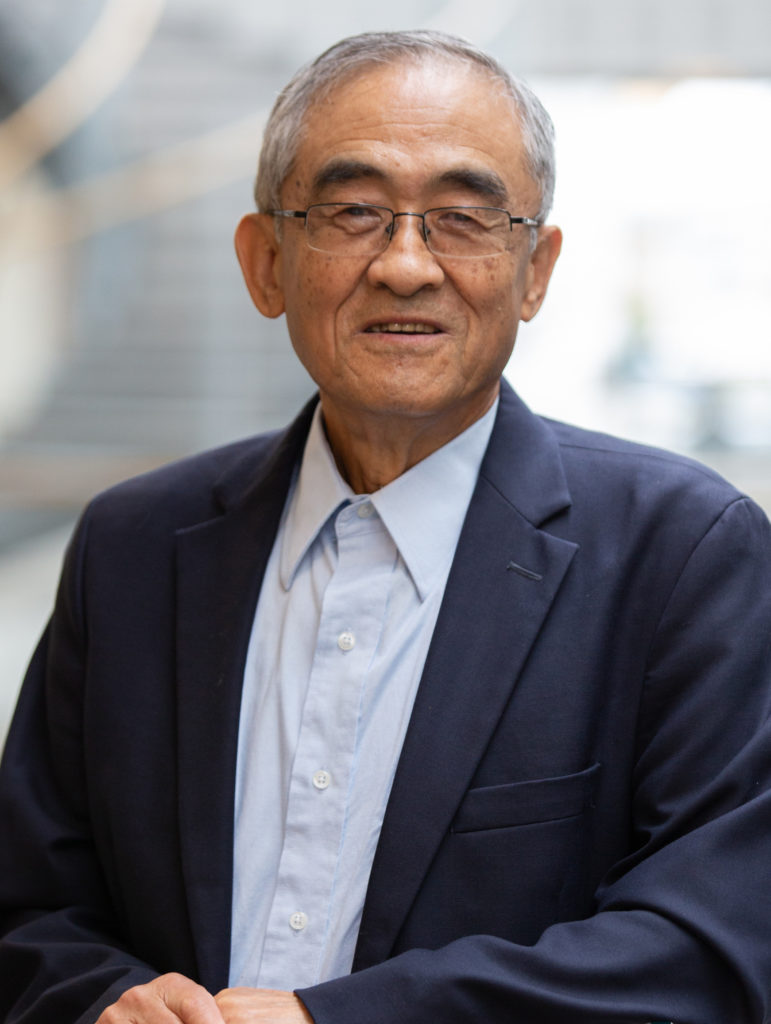Prof. Kang G. Shin receives DoD grant to investigate security of semi-autonomous systems

With growing reliance on autonomous and semi-autonomous (SA) systems like those in planes and self-driving cars, the need to anticipate and circumvent potential human errors and system failures/compromises has become a high priority. As these vulnerabilities become more apparent, solutions to the issue of bugs or attacks on SA systems are required to prevent fatal accidents and make new technologies safer.
Using decades of experience in investigating safety issues in cyber-physical systems, Kevin and Nancy O’Connor Professor of Computer Science, Kang G. Shin, has set out to tackle the security and safety problems in SA systems. With the help of a recent grant from the U.S. Navy, Shin plans to identify potential attack surfaces and security issues while developing mechanisms against attacks on semi-autonomous systems.
SA systems, while prevalent in our daily lives and jobs, are limited by the static control priority assignments implemented to work in tandem with manual and autonomous control capabilities. This style of system prioritization puts users at risk when component failures and attacks trigger abnormal control behavior.
Shin’s project, “Achieving the Security and Reliability of Semi-Autonomous Cyber-Physical Systems,” follows a two-pronged approach to preventing these potentially fatal accidents. First, he and his team will “conduct an extensive analysis of the vulnerabilities of modern SA cyber-physical systems and identify the possible consequences of their exploitation by adversaries.” Then, he proposes the development and evaluation of an end-to-end framework called Context-Aware Detection and resolution of Control Anomalies (CADCA) for detecting and resolving control anomalies in SA systems. CADCA relies on two main functionalities: detecting any abnormal behavior in autonomous or manual control and resolving disagreements/inconsistencies between these control decisions by taking the operation context into account.
A preliminary evaluation based on SA vehicles has shown that CADCA is able to achieve a 98% success rate in blocking unsafe control inputs and have around a 0.4 more success rate than prior work in similar scenarios. The project aims to improve applications in both Department of Defense and civilian contexts while demonstrating the framework’s resilience against failures and attacks for safety- and mission-critical applications and systems.
Shin joined the faculty at Michigan in 1982 and shortly afterward established the Real-Time Computing Lab, and supervised the completion of 91 PhDs and a large number of MSs. Amongst his recognitions, Shin is a recipient of the Ho-Am Prize in Engineering (the highest honor in engineering and technology for Korean origin engineers and scholars), the Stephen S. Atwood Award from the College of Engineering, an IEEE RTC Technical Achievement Award, an IEEE Computer Society Technical & Conference Activities Board Distinguished Leadership Award, and numerous best paper awards. He is a Fellow of IEEE and ACM.
 MENU
MENU 
